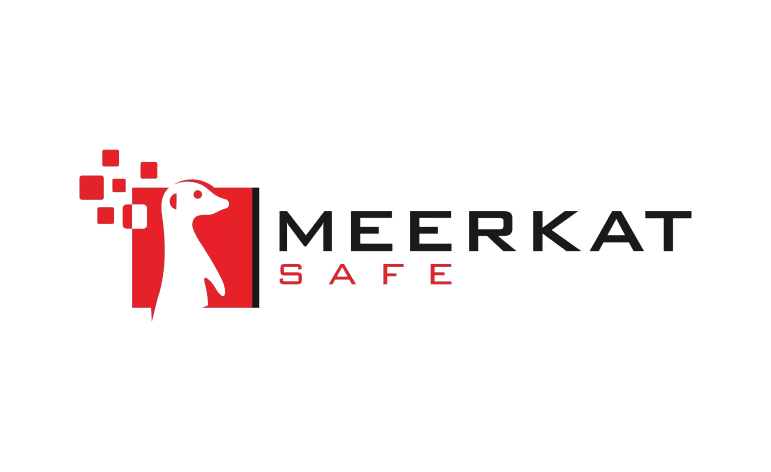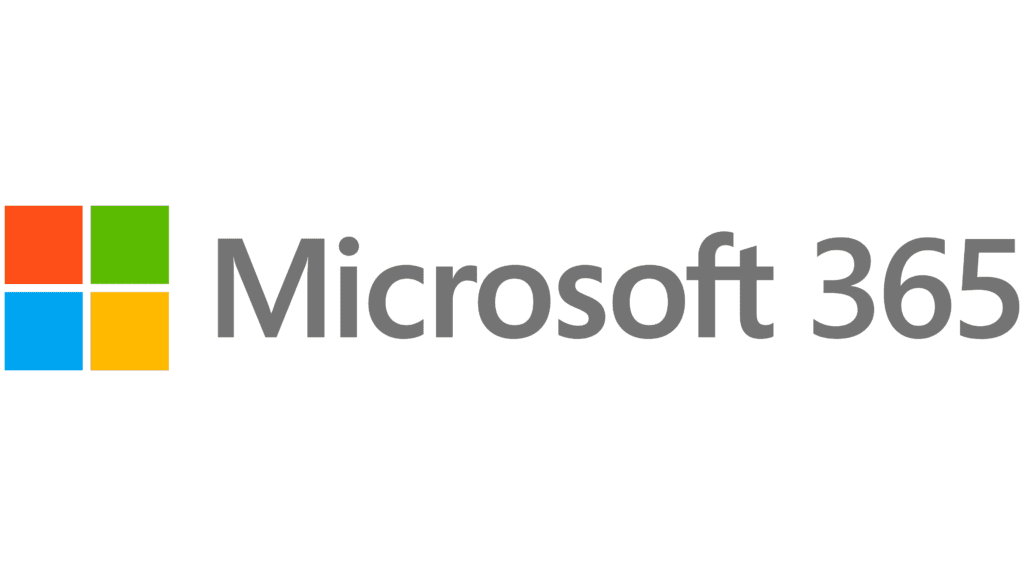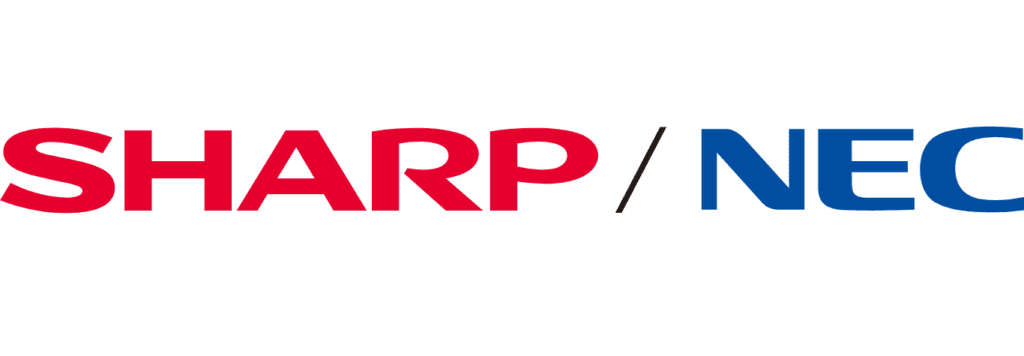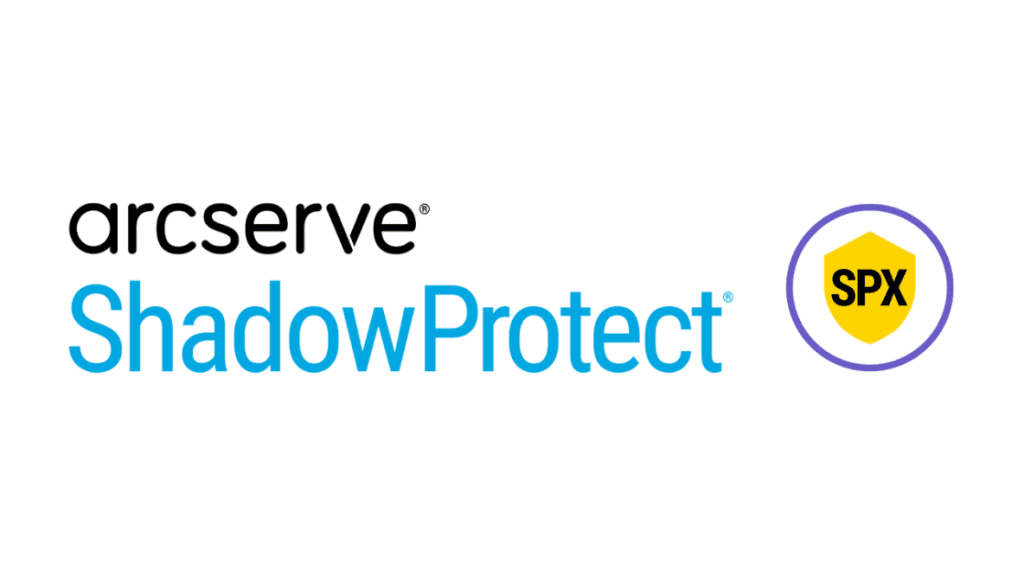Effective electronic record management is essential for the success of any Albuquerque business. The city’s dynamic business landscape, coupled with stringent regulatory frameworks, mandates that companies adopt robust Electronic Records Management (ERM) practices.
At DSI, our advanced records management system in New Mexico is designed to boost productivity and secure your most sensitive information. By embracing our innovative solutions, your business can save valuable time and money while ensuring efficient and compliant management of electronic records.
In this blog post, we’ll delve into the fundamental principles of ERM for Albuquerque businesses, outlining strategies to enhance efficiency, ensure legal compliance, and protect sensitive data.
Understanding the Regulatory Framework in Albuquerque
Albuquerque businesses operate under specific legal requirements and compliance standards concerning electronic records management. These regulations, often state and federal, dictate how electronic records should be handled, stored, and disposed of.
Understanding this framework is vital for avoiding legal pitfalls. For instance, the New Mexico Administrative Code and federal laws like HIPAA or the Sarbanes-Oxley Act may apply, depending on the business type. These laws ensure that electronic records are managed in a way that preserves their integrity, availability, and confidentiality.
Importance of Document Security and Confidentiality
Data security is the cornerstone of effective electronic records management. Safeguarding your confidential files against unauthorized access and breaches is paramount.
Implementing robust security measures such as encryption, access controls, and regular security audits is essential. This not only protects your business from data breaches but also builds trust with clients and stakeholders by ensuring their information is handled securely and confidentially.
Implementing Effective Data Retention Policies
A structured data retention policy is a critical component of electronic file management. It involves defining how long different types of records should be kept and establishing procedures for their systematic disposal.
Albuquerque businesses must develop retention periods that comply with legal requirements while ensuring data is accessible when needed. This approach not only aids in regulatory compliance but also in optimizing storage resources and enhancing data management efficiency.
Integration of User-Friendly EDRMS
Adopting user-friendly electronic document and records management systems (EDRMS) can significantly benefit your business. These systems streamline the process of storing, retrieving, and managing electronic records.
EDRMS systems often come equipped with features like permission-based retrieval, search functionality, and data logs and trails for compliance tracking.
Choosing a comprehensive document management system that’s intuitive and easy to navigate ensures higher employee engagement and productivity, facilitating smoother ERM processes.
EDRMS Training for Optimal Records Management Practices
Employee training is crucial in ensuring the successful implementation of ERM principles. Comprehensive training programs help staff understand the importance of proper records management, familiarize them with the ERM system, and educate them about compliance and security protocols.
Regular training sessions ensure that employees stay updated on the latest business record management practices and legal requirements, thereby fostering a culture of compliance and efficiency within your organization.
Data Backup and Recovery Strategies
Developing robust data backup and recovery strategies is essential for protecting electronic records against loss or corruption. This involves regularly backing up data to secure off-site locations and testing recovery procedures to ensure they’re effective.
For businesses in Albuquerque, where incidents like data breaches or natural disasters can occur, these strategies are critical in ensuring business continuity and minimizing downtime.
Ensuring Compliance with Data Privacy Laws
Lastly, adhering to data privacy laws and regulations is imperative. This includes implementing practices that ensure the protection and privacy of customer data.
Regular audits and privacy impact assessments are vital for identifying and mitigating risks to data privacy and ensuring ongoing compliance with evolving data protection regulations.
These measures also demonstrate a commitment to protecting customer privacy and contribute positively to your business’s reputation.
Revolutionize Your Albuquerque Business with DSI’s Electronic Document Management Systems
At DSI, we aim to empower local businesses by providing the tools you need to secure, manage, and efficiently file their documents and records. Our expertise lies in crafting personalized office solutions that blend seamlessly into existing workflows, offering user-friendly functionalities to minimize disruptions and challenges.
We pride ourselves on identifying the most fitting solutions for your unique problems rather than pushing specific manufacturers’ equipment or services. By training localized technical teams and staff, we ensure you receive knowledgeable support for the systems and equipment we provide.
Don’t let your business fall behind in the digital age – contact us today to discover how our cutting-edge technology can propel your business toward greater efficiency and success.

Jocelyn Gorman, the Executive Vice President of DSI, possesses a deep understanding of the unique requirements of growing businesses. With over a decade of experience collaborating with clients across various industries, she closely collaborates with her Sales Team to develop and implement tailored technology solutions. These solutions aim to enhance office productivity and minimize operational costs. Her remarkable ability to effectively address business challenges has garnered recognition from prestigious publications such as the Cannata Report and Family Business Magazine.


































